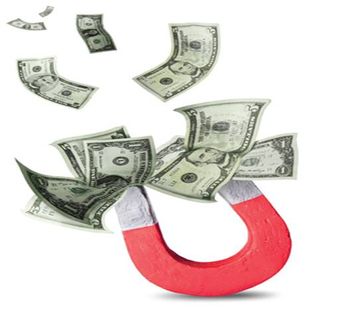
There are many reasons for small practices to use complex finance reporting technologies to analyze data. Here are a few.

There are many reasons for small practices to use complex finance reporting technologies to analyze data. Here are a few.

Regardless of your political thoughts, no one knows what, when and how the ACA plans are going to play out. Make sure you're prepared.

This month's coding column is about whether or not one or more physicians of different specialties can bill the advanced care planning codes.

Calculating your practice's percent collections a different way can tell a very compelling story of the economic health of your business.

What can practices learn from a recent ruling by the Supreme Court on the False Claims Act? An expert weighs in.

One doctor and her husband made a huge mistake in not being proactive with asset protection. It cost them dearly.

After watching the final Presidential debate of the 2016 election, one physician wonders where do we go from here?

Here are some of the vital basics doctors and their advisors need to know about captive and life insurance sales plans.

Bringing on a new billing partner or renegotiating the agreement with your current one? Here are four tips that will help you plan for all scenarios.

There are ways for your practice to get paid in a more efficient manner thanks to new technology.

In the world of coding, here's why an attending physician is not really allowed to attest to an NP consult. Also, what are comparative billing reports?

Learning to avoid common and costly mistakes when accepting and processing card payments can add up to big savings for your medical practice. [Sponsored]

How do physicians view meaningful quality metrics, as defined by CMS? Not favorably, according to one survey.

When Dr. Brooks Young took over his foot and ankle clinic eight years ago, it had paper charts and an outdated billing service. Here's how he updated it.

Does your collections agency have the specialized knowledge needed to get the most ROI on your delinquent accounts? Here are the seven questions to ask. [Sponsored]

Can you code when a patient is so distraught an appropriate history cannot be obtained, nor can a mental status exam be performed?

What would it mean physicians if the Fed raises interest rates again? Here is a guide that breaks down the scenario.

There are two simple steps practices can take to improve front-desk collections from their staff in the age of the high deductible.

The 60-Day Rule, which forces physicians to return overpayments to CMS, was recently clarified. What should physicians know about it?

There are a lot of common sense facts about investing money, but despite this reality, physicians can still screw up and hurt personal finances.

What are some reports you can run to track the health of the billing and collection process of your practice, and how can this data be used to determine the effectiveness of your practice manager?

What should physicians be wary of when looking at their investment portfolio in retirement? Here are a few possible trouble spots.

One doctor commiserates on the fact that drugs can be incredibly expensive, forcing her patients to choose between medications and paying rent.

In the second of a two-part interview with a CMS representative, more on the legal ramifications for waiving copays for low-income patients.

Most practices know they are obligated to collect patient copays and deductibles, but few know that for certain low-income patients doing so is illegal.